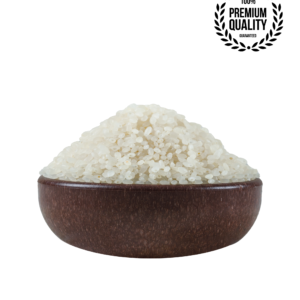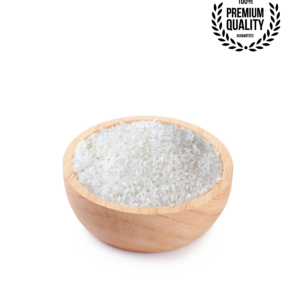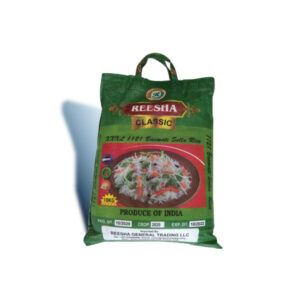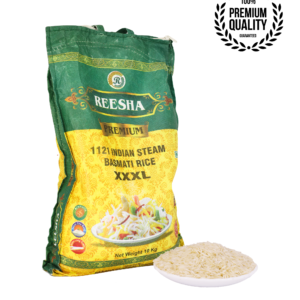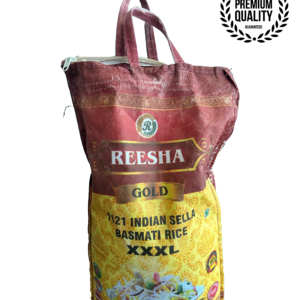
The Economic Landscape of General Trading in Cairo, Egypt- Introduction
As a company that exports products to Cairo, Egypt, Reesha General Trading understands the importance of staying abreast of the economic climate in the country. Egypt is the third-largest economy in Africa. And its strategic location at the crossroads of Europe, Asia, and Africa has made it a hub for international trade. In this blog, we will explore the economic climate for general trading in Cairo, Egypt and share some insights that we have gathered as a company.
Political Stability and Economic Reforms
Egypt has been through a turbulent period in its recent history, with political unsteadiness, terrorism, and economic turmoil. However, in recent years, the government has executed major economic reforms to address the issues and attract foreign investment. One of the most significant reforms has been the introduction of a new investment law, which offers incentives and protections to foreign investors.
Furthermore, the government has invested majorly in infrastructure projects such as new airports, ports and highways. These projects have improved logistics and transportation, making it easier to do business in the country. The government has also undertaken a program of monetary consolidation, which has balanced the economy and reduced inflation.
Market Size and Demand
Cairo is a huge city in Africa with over 20 million people living there. Because of its size and the variety of people living, it’s a very important market for general trading. Lots of people want to buy necessary items such as food, clothes, and electronics, and many of the city’s middle-class residents are happy to spend money on good-quality products.
However, competition in the market is fierce, with many local and international companies vying for a share of the market. It is essential to have a strong brand, a well-established distribution network, and competitive pricing to succeed in Cairo’s market.
Currency Fluctuations and Exchange Rates
One of the challenges of doing business in Egypt is the volatility of the currency. The Egyptian pound has been subject to significant changes in recent years, with the government devaluing the currency to combat inflation. The devaluation has made imports more expensive and exports more competitive.
Managing currency risk is a must-have for enterprises exporting to Egypt. One way to lower the risk is to use a local currency account to invoice clients in Egyptian pounds. This approach can help reduce the effect of currency fluctuations on the business.

Chickpea Black Gram – Indian Desi Chana
Chickpea Black Gram is a versatile and nutritious ingredient that is a staple in Indian cuisine. Its rich flavor and numerous health benefits make it a smart choice for any business looking to promote health and wellness. At our B2B Foodstuff Trading Company, we are committed to providing our customers with the best quality Chickpea Black Gram
Customs Regulations and Trade Barriers
Egypt has strict customs regulations that can make importing goods challenging. The government has implemented a system of pre-shipment inspections, which requires goods to be inspected before they are shipped to Egypt. This process can add time and cost to the import process.
Further, there are restrictions on certain goods, such as agricultural products, that require special permits to import. Understanding the customs regulations and trade barriers is essential for companies exporting to Egypt. It is essential to work with a esteemed customs agent who can navigate the regulations and ensure compliance.
The Prosperous Future for General Trading in Cairo, Egypt
In conclusion, the economic climate for general trading in Cairo, Egypt is favorable, with the government bringing into force economic reforms to attract foreign investment. The demand for consumer goods and the market size make it an attractive destination for exporters. However, currency fluctuations and customs regulations can pose challenges for companies exporting to Egypt.
At Reesha General Trading, we have been exporting our products to Egypt for several years and have built strong relationships with local partners. We have found that the regulatory environment and deep understanding of the market are essential for success. By staying informed and working closely with local partners, we have been able to navigate the challenges and take advantage of the opportunities presented by the Egyptian market.
FAQ
The size of the market and the high demand for consumer goods make Egypt an attractive destination for exporters. Additionally, the government’s implementation of significant economic reforms and investments in infrastructure projects has made it easier to do business in the country.
Currency fluctuations, customs regulations, and trade barriers are some of the challenges that companies should be aware of when exporting to Egypt. Additionally, competition in the market is fierce, and companies need to have a strong brand, a well-established distribution network, and competitive pricing to succeed.
One way to mitigate the risk of currency fluctuations is to use a local currency account to invoice customers in Egyptian pounds. This approach can help reduce the impact of currency fluctuations on the business
At Reesha General Trading, we work with reputable customs agents who can navigate the regulations and ensure compliance. We also stay informed of any changes to the regulatory environment to ensure that we are up to date on the latest requirements.
Establishing strong relationships with local partners in Egypt requires a deep understanding of the market and cultural norms. It is essential to communicate clearly and effectively with local partners, build trust through open and honest communication, and be willing to adapt to local business practices.
Latest Posts
- Foodstuff Companies in Mussafah – Dubai’s Best Foodstuff Traders, Wholesalers, and B2B Suppliers in Mussafah Abu Dhabi
- Foodstuff Company Abu Dhabi – Dubai’s Best Foodstuff Traders, Wholesalers, and B2B Suppliers in Abu Dhabi, UAE
- Foodstuff Company Ajman – Dubai’s Best Foodstuff Traders, Wholesalers, and B2B Suppliers in Ajman, Dubai, UAE
- Foodstuff Company Ras Al Khor – Dubai’s Best Foodstuff Traders, Wholesalers, and B2B Suppliers in Ras Al Khor Industrial Area, Dubai
- Foodstuff Company Al Quoz – Dubai’s Best Foodstuff Traders, Wholesalers, and B2B Suppliers in Al Quoz Industrial Area, Dubai

